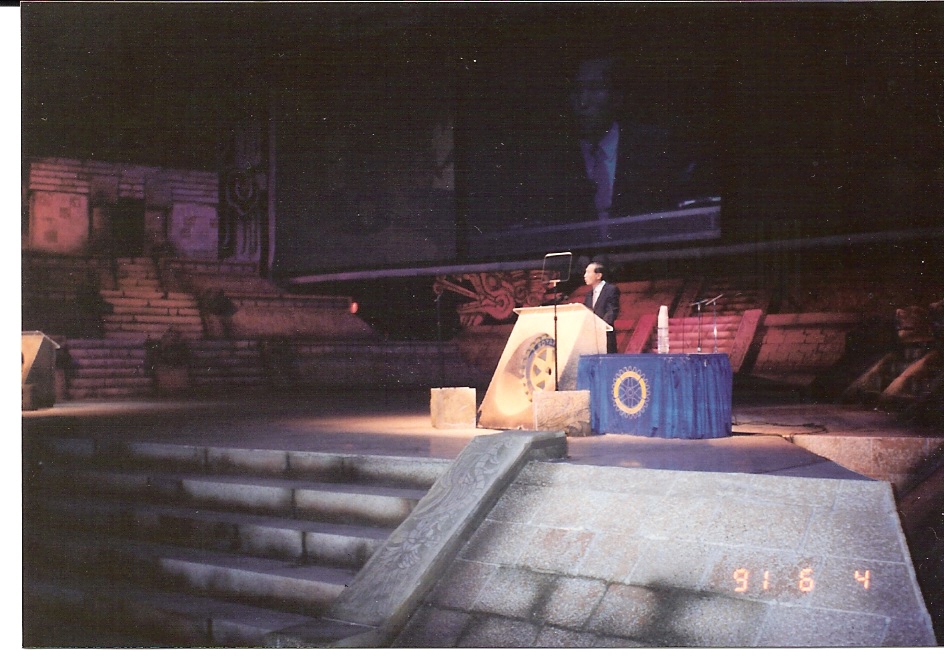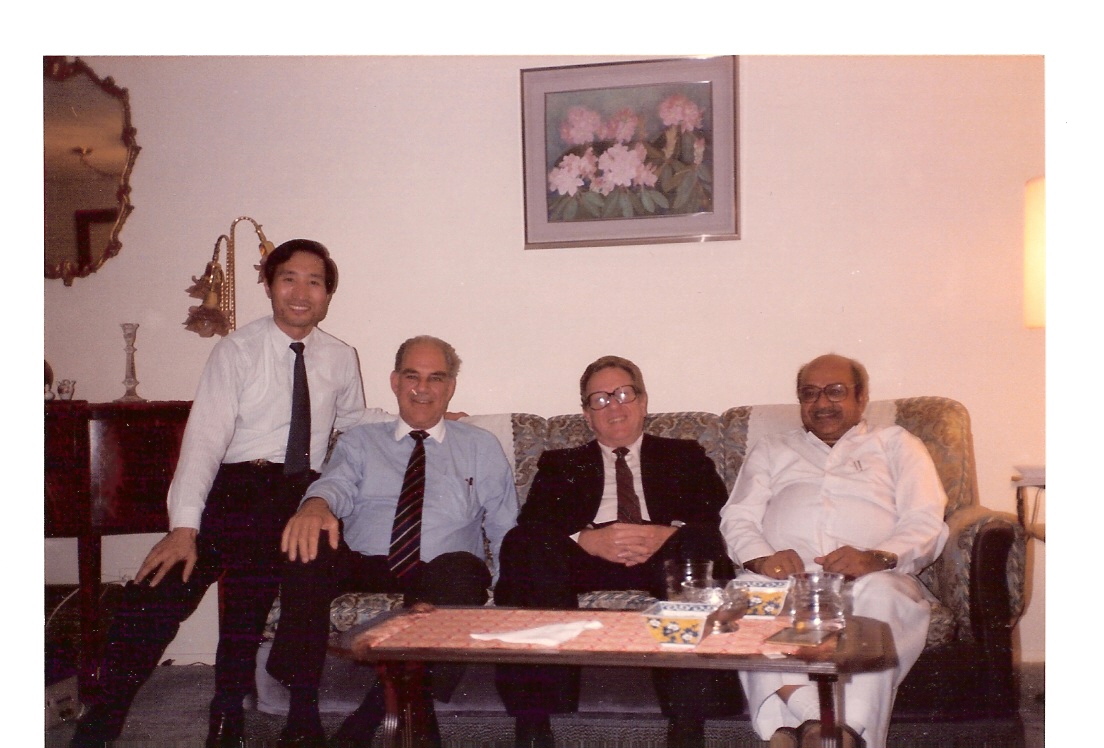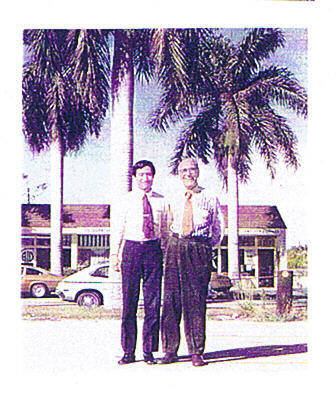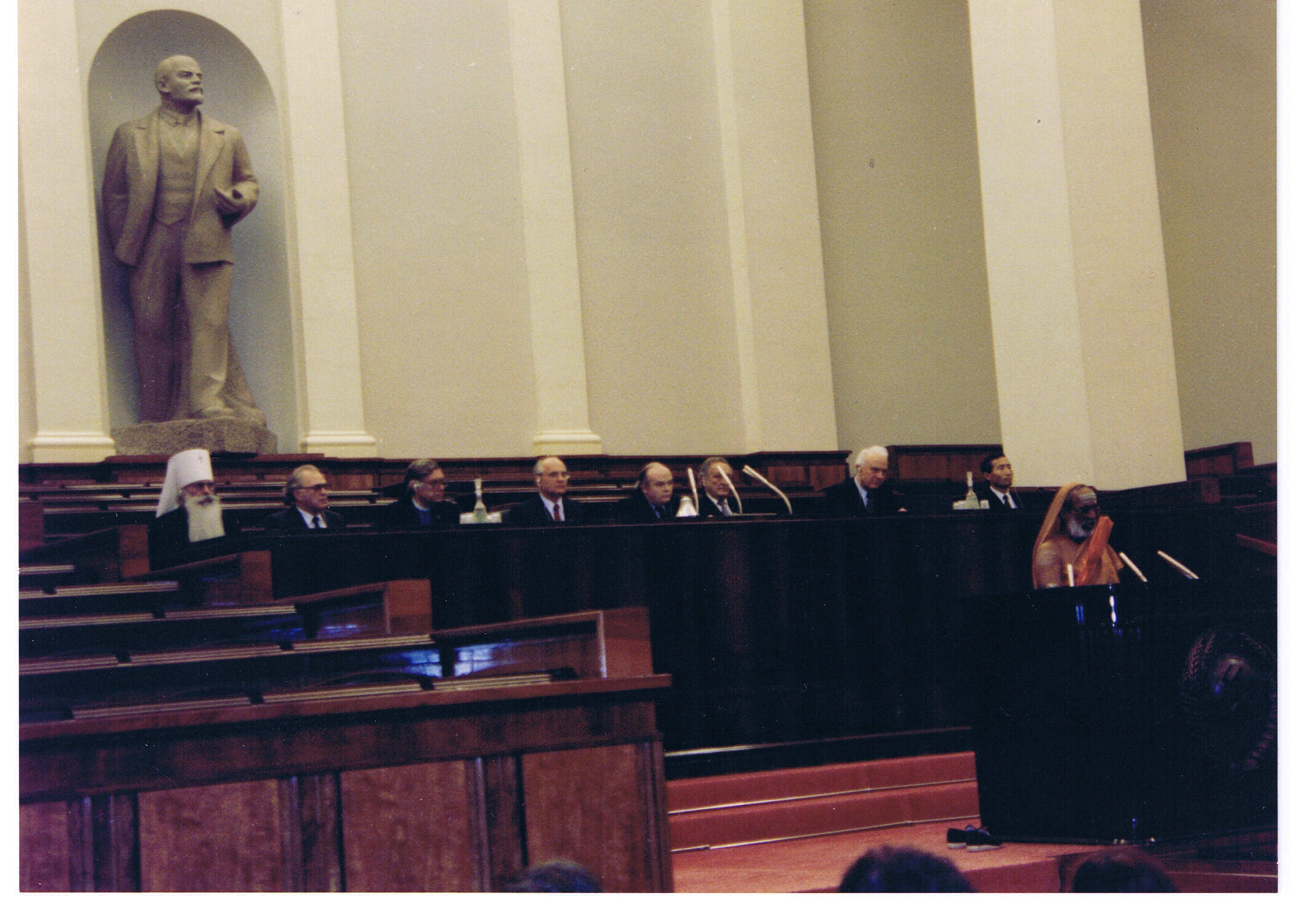By Akio Matsumura
In childhood we played the game Rock-Paper-Scissors. Rock wins over Scissors, Paper wins over Rock, and Scissors wins over Paper. There is no single absolute power among three partners. The outcome always depends on the opponent’s tactic.
This game also plays out in democratic governance. Government executives have power over their people because they execute the law. The legislative body has the power over the government executives because they produce the law and appropriate the budget. And people have power over the legislature because they elect them.
Now let’s put it an individual perspective, specifically my personal case.
One disadvantage I have is that I speak poor English, and zero Spanish, French, (or Chinese or Hindi, whose speakers total 37 percent of the world’s population). I do have the advantage, however, of meeting so many eminent people in the hundred countries I have visited. Not speaking all of these languages has come in handy: I have a keen eye for understanding intentions and unspoken expressions. It has helped me grasp the total picture rather than become weighed down on an analytical level. I read a situation as if it were poetry, not prose. However, when I debate the difficult issues with my country men in Japanese, each word, each paragraph and the precise meaning of expressions interrupt me from understanding the true intention of my opponents. I find myself missing the total picture of our debate. We must have both perspectives to balance our overall viewpoint; for without the trees, we wouldn’t have the woods! … Continue reading





